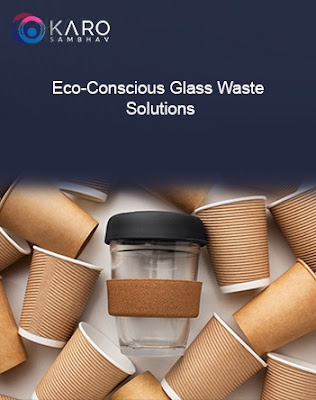Battery EPR Solutions for a Brighter Tomorrow

The correct battery disposal and recycling are now essential for a sustainable future in a time when technology plays a significant role in every aspect of our lives. As a mobile-first strategy for minimising battery waste and abiding by the Battery Waste Rules, battery Extended Producer Responsibility (EPR) solutions are becoming more popular. By tackling the growing concern of battery recycling, these solutions are laying the foundation for a better tomorrow. The premise of battery EPR is that producers and manufacturers should be accountable for the whole lifecycle of their products, from manufacturing to disposal. The use of technology in mobile-first EPR solutions streamlines and accelerates this procedure. With the world becoming increasingly reliant on mobile devices, such solutions allow consumers to access information and resources related to battery recycling right from their smartphones. Consumers will have a simplified recycling process thanks to battery EPR solu...




